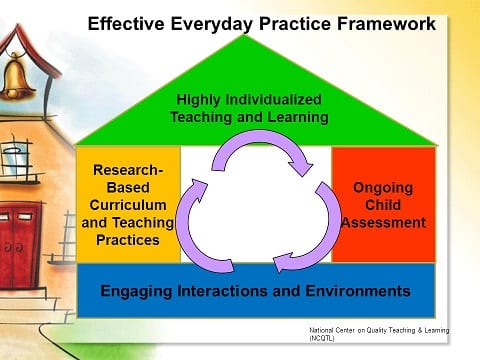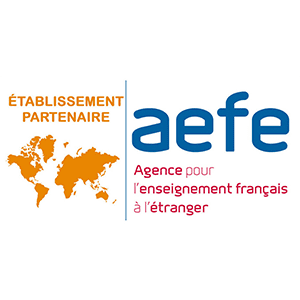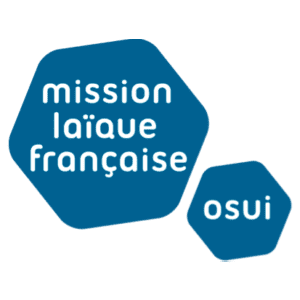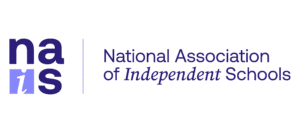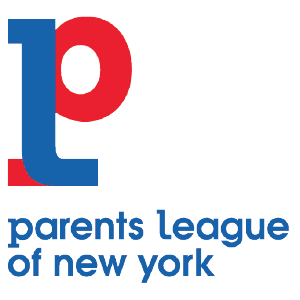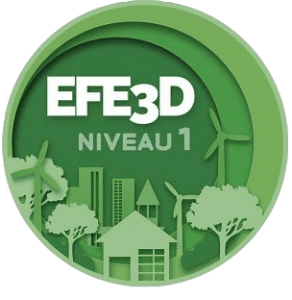The Pre School Years and the Importance of Social Emotional Learning
When it comes to learning and culture, your child’s brain is a blank slate. Children learn through socialization from other adults and children in their immediate environment and, through repeated exposure to the people of that culture, they begin to understand those norms and beliefs. In a foreign country, your child learns cultural norms from both you, the parents, and their experiences in that country. Children and young students living abroad have the benefit of encountering different cultures, and therefore have a richer view of the world. Parents who want their children to experience a wider view of culture may consider a more international upbringing for their children.
The Context of Socialization
The Age of Pretending
Your child’s personality is shaped through the beliefs and attitudes they experience during socialization throughout their development.
As parents, you can steer your child’s development in one direction or another. For example, your child may be naturally musical. If you provide them with musical training, you may find that they have unique musical abilities that they would never have otherwise discovered.
During preschool, children learn through pretending games. They assume different roles and act out scenarios with their peers, assuming multiple attitudes and perspectives. Even alone, children may act out different roles by themselves. Through pretending, children achieve a deeper understanding of what they’ve learned watching adults and peers.
Social Emotional Learning Counts
All parents want what is best for their child and structured play experiences provide ample developmental benefits. Through structured play, children learn to explore their personalities, understand their culture, and form friendships.
Some children are introverted and less likely than peers to seek out social experiences. For timid children, exposure to regular playtime with peers is particularly important. Introverted children benefit from a nurturing environment with low-key pretending games. Pretend kitchen sets or puppets are great tools for low-key playtime, or even a simple sandbox.
It’s so wonderful as parents to see your young children immerse themselves in play with others and come home excited about the friends they’ve made and the things they’ve learned. Children’s brains develop at an incredibly fast rate, and as a parent, you can witness your child make new discoveries almost daily. Our children remind us of how we first developed our understanding and belief system about ourselves and the world. It’s important to take the time to provide children with diverse experiences so they can have full advantage of this crucial time of education and discovery.
For more details on the importance of social emotional learning in a safe and structured, setting, please contact us today. Your child’s positive development is our primary focus.









